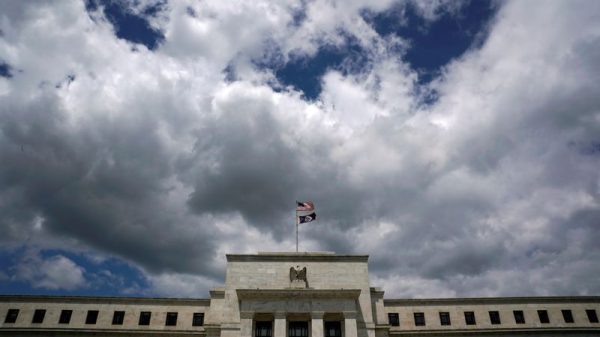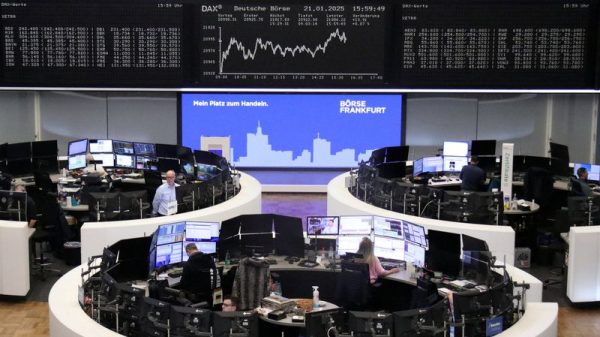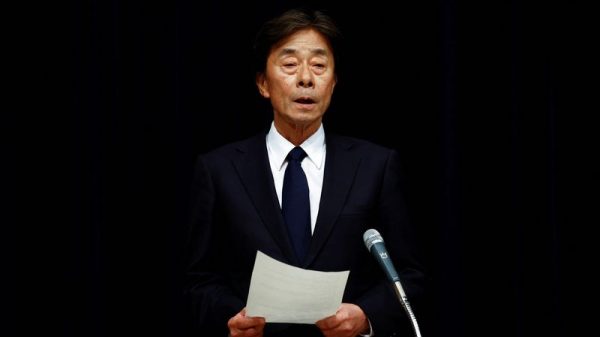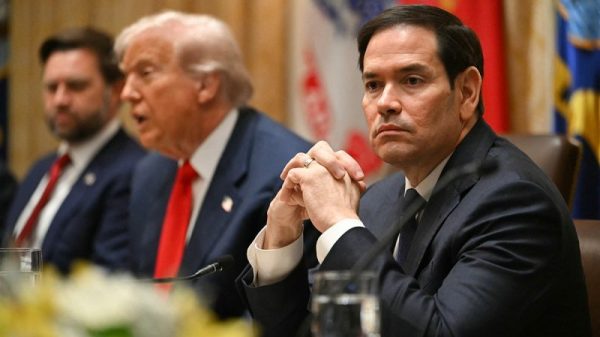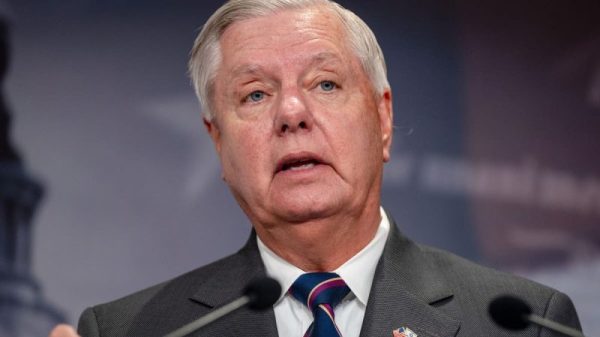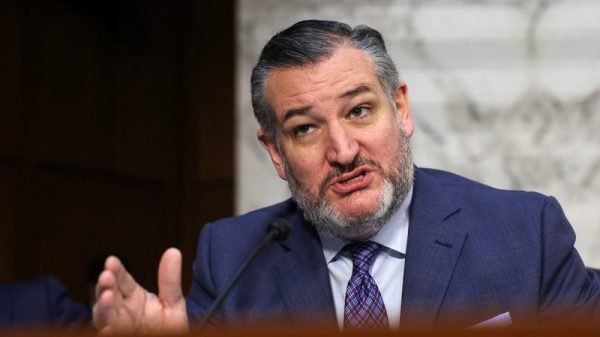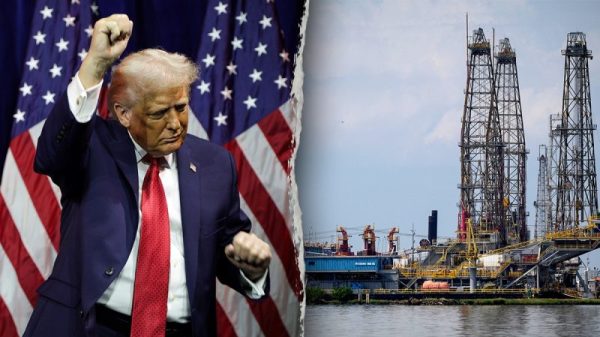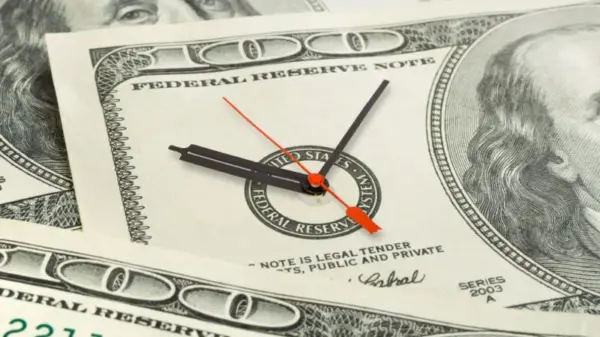The New Deal: Unveiling its Historical Significance and Modern Relevance
Introduction:
The New Deal, a term that has been widely discussed and debated, holds a significant place in American history. It was a series of economic and social reforms implemented by President Franklin D. Roosevelt during the 1930s, aimed at combating the devastating effects of the Great Depression. However, even today, the New Deal continues to be a topic of interest and relevance. In this article, we will delve into the historical significance of the New Deal and explore its modern implications.
1. Understanding the Historical Context:
To truly comprehend the impact of the New Deal, it is crucial to understand the historical context in which it emerged. The Great Depression, the worst economic downturn in American history, left millions unemployed, businesses bankrupt, and families struggling to survive. President Roosevelt recognized the urgent need for intervention and introduced the New Deal as a comprehensive plan to revive the economy and restore hope to the American people.
2. Key Components of the New Deal:
The New Deal encompassed a wide range of programs and initiatives, each designed to address specific aspects of the crisis. Some of the key components included the creation of the Civilian Conservation Corps (CCC), which provided employment opportunities for young men in environmental conservation projects. The Works Progress Administration (WPA) aimed to create jobs by funding public works projects, while the Social Security Act established a safety net for the elderly and unemployed.
3. Evaluating the Successes and Criticisms:
The New Deal’s impact on the American economy and society has been a subject of ongoing debate. Supporters argue that it successfully stabilized the economy, created jobs, and introduced crucial social welfare programs. Critics, on the other hand, contend that the New Deal prolonged the Great Depression and expanded the role of the federal government beyond its constitutional limits. Evaluating these perspectives allows us to gain a comprehensive understanding of the New Deal’s legacy.
4. Modern Relevance and Lessons Learned:
While the New Deal was implemented over eight decades ago, its relevance in today’s society cannot be ignored. The COVID-19 pandemic, for instance, has exposed vulnerabilities in our economy and highlighted the need for government intervention during times of crisis. The New Deal serves as a reminder that proactive measures, such as stimulus packages and social welfare programs, can help mitigate the impact of economic downturns and provide support to those in need.
Furthermore, the New Deal teaches us the importance of balancing economic recovery with social welfare. It emphasizes the need for comprehensive policies that address both the immediate economic challenges and the long-term well-being of the population. By studying the New Deal, policymakers can gain valuable insights into crafting effective strategies to navigate future crises.
Conclusion:
The New Deal remains a pivotal chapter in American history, representing a bold response to an unprecedented crisis. Its impact on the economy, society, and the role of government continues to shape our understanding of governance and policy-making. As we reflect on the New Deal’s historical significance and modern relevance, we are reminded of the power of proactive measures and the importance of prioritizing the well-being of the people. The New Deal serves as a timeless reminder that in times of crisis, innovative and compassionate solutions can pave the way for a brighter future.

